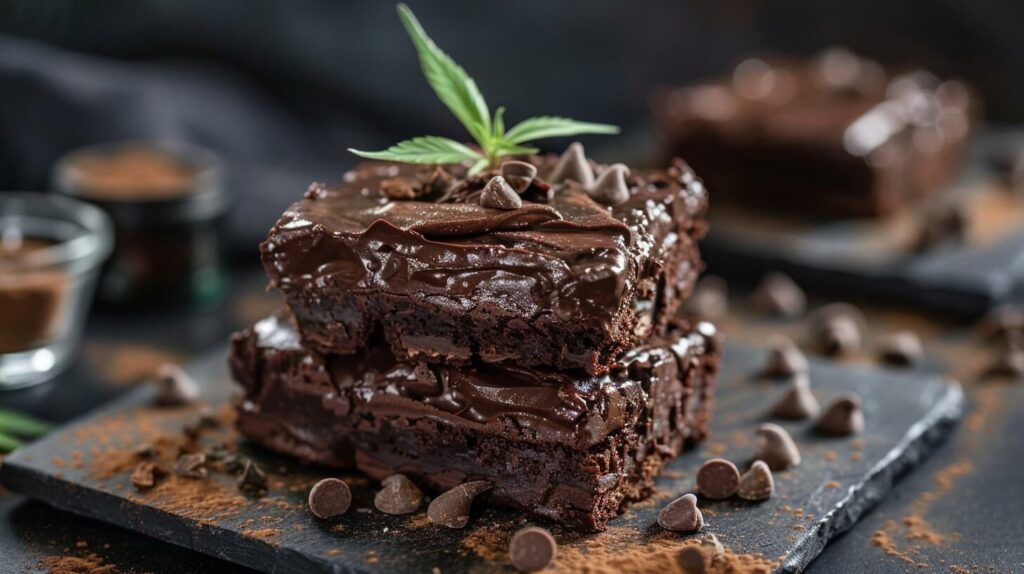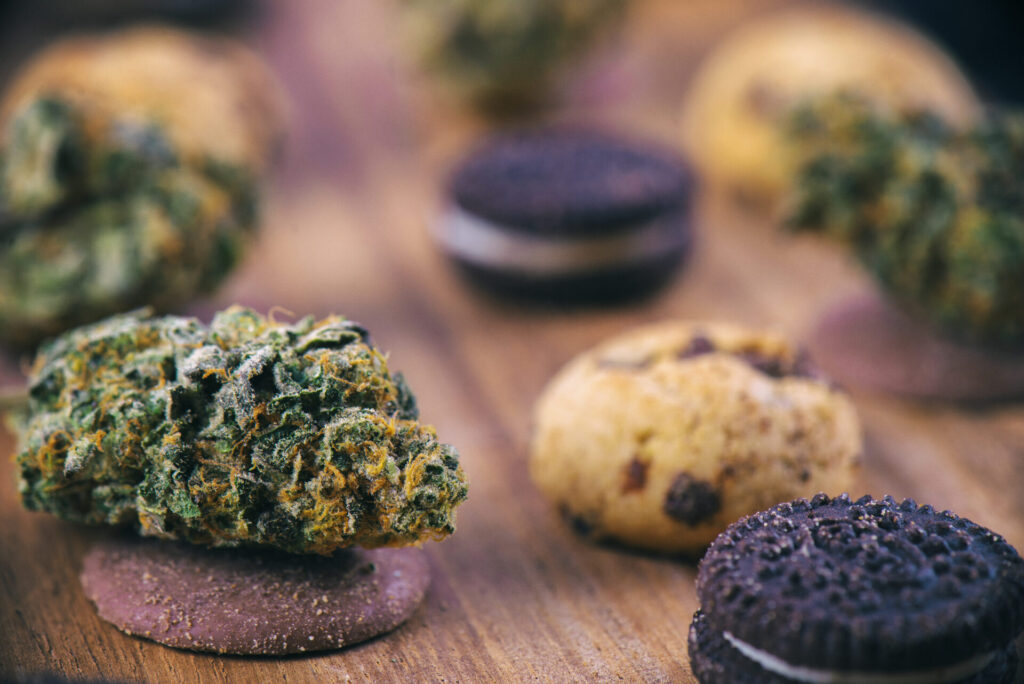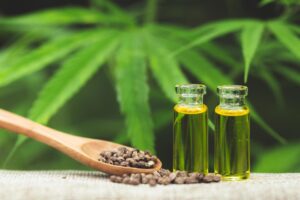The cannabis edibles market has transformed dramatically, evolving from the humble pot brownie to a sophisticated culinary landscape that rivals gourmet cuisine. In 2025, this industry is not just thriving—it’s redefining how we perceive cannabis consumption. With a global market valued at $14.8 billion and projected to soar to $54 billion by 2034 at a CAGR of 15.9%, edibles have cemented their place as a cornerstone of the cannabis industry. This blog post explores the journey of cannabis edibles, from their sticky-sweet beginnings to the artisanal masterpieces of today, highlighting the role of online platforms, wholesale opportunities, and white-label innovations in shaping this dynamic sector.
The Humble Beginnings of Cannabis Edibles
Cannabis edibles have a storied history, rooted in homemade concoctions that were as much about experimentation as enjoyment. The iconic pot brownie, born in the counterculture era, was the gateway for many into the world of edibles. These early treats were often unpredictable, with inconsistent dosing and a distinct grassy aftertaste from crude cannabis infusions. Yet, they laid the foundation for what would become a multi-billion-dollar industry. The legalization of recreational cannabis in 24 U.S. states and the 2018 Farm Bill’s hemp provisions sparked a revolution, allowing edibles to move beyond clandestine kitchens into mainstream markets. By 2025, edibles account for roughly 14% of the $32 billion legal cannabis market, with gummies alone commanding 72% of edible sales due to their convenience and appeal.
A Surge in Sophistication
Today’s cannabis edibles are a far cry from their gritty origins. Culinary artisans and chefs have entered the scene, infusing edibles with the precision and creativity of fine dining. Brands like Rose Los Angeles and Kiva Confections have elevated the game, offering products that marry premium ingredients with meticulous craftsmanship. Imagine Turkish delights infused with single-strain rosin or chocolates blended with solventless hash—these are not just edibles; they’re gastronomic experiences. Companies like Jambo in California prioritize health-conscious options, crafting gluten-free, paleo-friendly treats with organic ingredients like cashews, honey, and Himalayan salt. This shift reflects a broader trend: consumers in 2025 demand edibles that align with their dietary preferences, whether vegan, sugar-free, or low-calorie, without sacrificing flavor or potency.
The Rise of Cannabis Edibles Online
The digital age has revolutionized how consumers access cannabis edibles. Online platforms like Edibles.com, launched by Edible Brands in March 2025, have become trusted marketplaces for hemp-derived products, offering gummies, drinks, and supplements with less than 0.3% THC. These platforms cater to a growing demand for convenience and discretion, allowing users to order lab-tested products from brands like Wana and 1906 with same-day or next-day delivery in select markets. Cannabis Edibles Online have democratized access, especially in states with restrictive cannabis laws, where hemp-derived edibles provide a legal alternative. Websites like Kush Queen and Crescent Canna emphasize transparency, showcasing full-panel lab results to ensure purity and potency, building consumer trust in a market once plagued by inconsistency. For first-time users, these platforms recommend starting with low doses—2.5 to 5 mg of THC—to avoid overwhelming effects, with clear guidance like “start low and go slow.”
Precision Dosing and Diverse Flavors
One of the most significant advancements in 2025 is the precision dosing that defines modern edibles. Unlike the unpredictable brownies of yesteryear, today’s products offer consistent THC and CBD levels, allowing users to tailor their experience. Brands like Wyld and Kiva provide gummies with exact dosages, such as 5 mg THC per piece, often paired with CBD or CBG for balanced effects like relaxation or focus. The flavor spectrum has also expanded, moving beyond artificial fruit notes to exotic profiles like huckleberry, mezcal-poached pear, or strawberry rosé. Companies like Garden Society and Mindy’s, led by James Beard-winning chef Mindy Segal, craft gummies with natural fruit extracts, ensuring a clean, vibrant taste. This diversity caters to a wide audience, from millennials seeking a recreational buzz to older consumers using edibles for pain relief or sleep enhancement.
Cannabis Edibles Wholesale: Scaling the Market
The wholesale sector has been pivotal in fueling the edibles boom. Cannabis Edibles Wholesale allows brands to scale rapidly, meeting the surging demand. Companies like Kind Oasis in Wisconsin operate state-of-the-art facilities producing bulk gummies, chocolates, and beverages infused with hemp-derived cannabinoids. These wholesalers offer turnkey solutions, from formulation to packaging, enabling retailers to stock high-quality products without the overhead of in-house production. The wholesale model has also spurred innovation, with suppliers like Wana Brands expanding their footprint across multiple states, offering vegan, gluten-free gummies that appeal to health-conscious consumers. In 2025, wholesalers are capitalizing on the projected $8.24 billion in U.S. edible sales, driven by recreational legalization and a growing preference for smoke-free consumption.
Cannabis Edibles White Label: Branding the Future
For entrepreneurs, Cannabis Edibles White Label services have opened new doors. White-label providers like Kind Oasis allow businesses to create custom-branded edibles without developing their own recipes or facilities. This model is ideal for head shops, wellness centers, and startups looking to enter the market with minimal risk. White-label gummies can be tailored with specific cannabinoid ratios, flavors, and even functional supplements like mushroom extracts, offering brands a unique selling proposition. Edible Brands’ Edibles.com, for instance, partners with trusted suppliers to offer white-label options, ensuring compliance with federal regulations while allowing retailers to differentiate themselves in a crowded market. This flexibility has made white-labeling a game-changer, enabling rapid market entry and brand customization.

The Artisanal Edge and Future Horizons
The artisanal movement is reshaping cannabis edibles, with brands like Rose Los Angeles collaborating with chefs to create limited-edition flavors like watermelon-tomato-sencha. These gourmet offerings appeal to a highbrow audience seeking indulgence without the stigma of traditional cannabis consumption. Packaging has also become a canvas for creativity, with brands like Kiva using recyclable tins featuring retro designs to stand out on dispensary shelves. Looking ahead, the industry is poised for further innovation. Edible Brands plans to launch its own edibles line, while companies like Cali Lily aim to redefine self-care with bold, cannabis-infused flavors. Regulatory clarity, expected in markets like the UK by spring 2025, will further stabilize the industry, encouraging new entrants and fostering consumer confidence.
Navigating Challenges and Consumer Education
Despite its growth, the edibles market faces challenges. Varying state regulations create complexity, with some states capping THC at 10 mg per serving, while others impose strict packaging rules to prevent appeal to children. Consumer education remains critical, as edibles can take 30 to 90 minutes to take effect, leading to overconsumption if users are impatient. Brands like Kush Queen and 3Chi emphasize clear dosing guidelines, recommending beginners start with half a gummy to gauge tolerance. The rise of hemp-derived edibles, legal under the 2018 Farm Bill, has also created a “Wild West” of unregulated products, underscoring the need for rigorous lab testing and transparency.
A Flavorful Future
In 2025, cannabis edibles have transcended their origins, blending culinary artistry with scientific precision. From gummies to gourmet chocolates, the industry offers something for everyone, whether seeking euphoria, relaxation, or therapeutic relief. Cannabis Edibles Online, Wholesale, and White Label models have made these products more accessible and customizable than ever, driving a market that’s both innovative and inclusive. As legalization expands and consumer preferences evolve, the future of edibles promises even greater diversity, with new flavors, formats, and experiences waiting to be savored.
Discover premium cannabis edibles with NanoHempTechLabs, your trusted partner in Cannabis Edibles Wholesale. Our state-of-the-art facility produces high-quality, hemp-derived gummies, chocolates, and beverages, crafted with precision dosing and exotic flavors like huckleberry and strawberry rosé. Perfect for retailers seeking vegan, gluten-free, or organic options, our products meet the growing demand for sophisticated edibles. With a projected $8.24 billion U.S. market in 2025, now’s the time to scale your business with our customizable solutions. Schedule a call today to explore how NanoHempTechLabs can elevate your brand and boost profits!
Reference:
- Donnan, J., Johnston, K., Coombs, M., Najafizada, M., & Bishop, L. (2023). Exploring consumer preferences for cannabis edible products to support public health policy: a discrete choice experiment.. https://doi.org/10.1101/2023.09.20.23295824
- Doran, N. and Papadopoulos, A. (2019). Cannabis edibles: behaviours, attitudes, and reasons for use. Environmental Health Review, 62(2), 44-52. https://doi.org/10.5864/d2019-011
- Grewal, J. and Loh, L. (2020). Health considerations of the legalization of cannabis edibles. Canadian Medical Association Journal, 192(1), E1-E2. https://doi.org/10.1503/cmaj.191217





